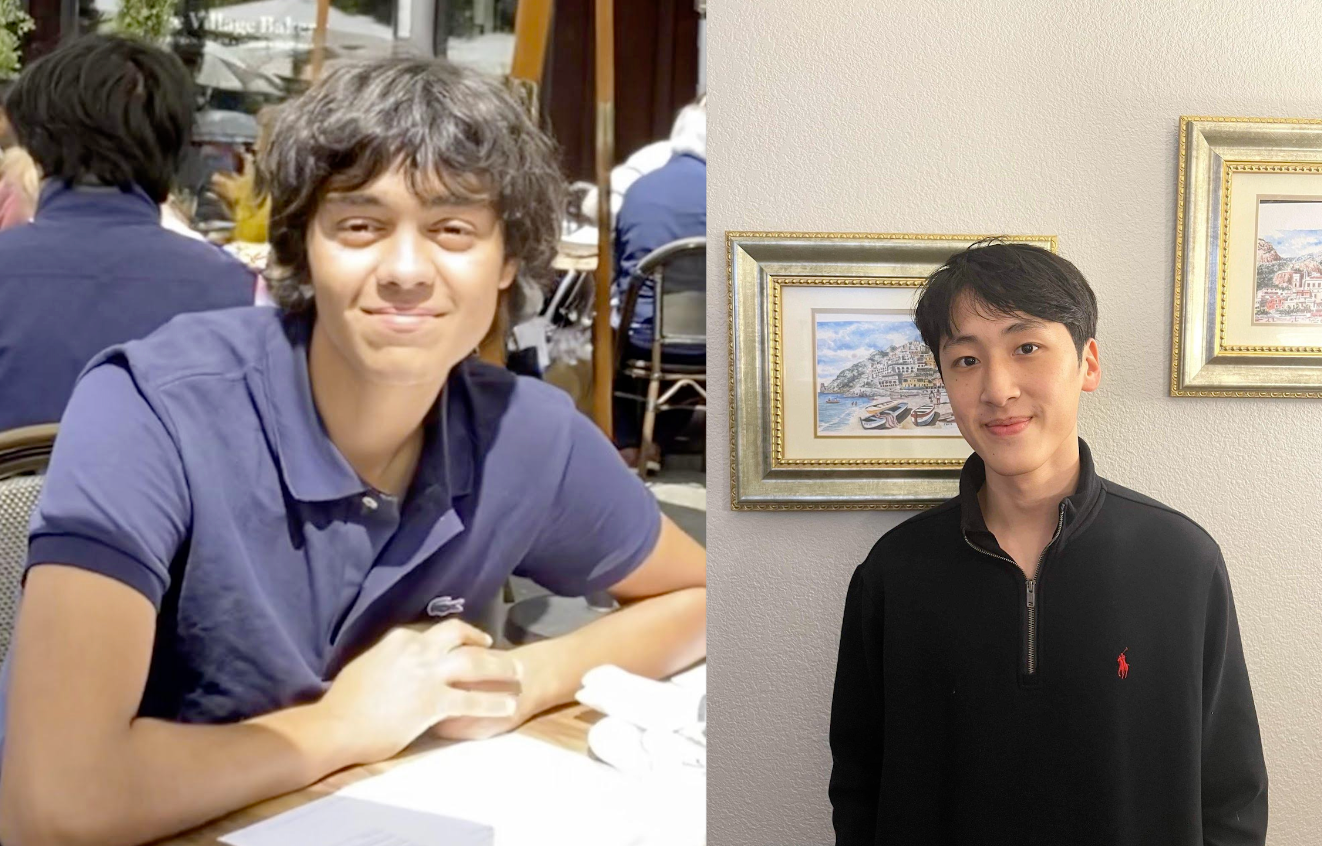Stanford offers a range of niche courses that may pique a student’s interest, but finding them, said Pun Waiwitlikhit ’25, is another matter.
When Waiwitlikhit went to ExploreCourses to find a class on the transhumanist perspective of neurotechnology — in his words, a class that would allow him to study “ways to improve the human condition” — the University’s official course catalog offered little in the way of results.
Waiwitlikhit realized he had two choices: spend hours scouring each department’s course catalog or build a better solution.
Partnering up with his friend, fellow sophomore Siddharth Sharma, the two created Cardinal Compass, a course catalog that harnesses the power of artificial intelligence to produce results that include phrases similar but not identical to the original search term.
“When [ExploreCourses] looks for keywords, it looks for exact matches. So if you type in ‘climate change,’ it looks for this exact [phrase rather than searching for similar phrases],” Sharma said.
Now, if Waiwitlikhit searches “transhumanist perspective of neurotechnology” in Cardinal Compass, the site yields results such as OTOHNS 206: “Augmenting Human Senses: Enhancing Perception with Technology and Bioscience” and MATSCI 384: “Materials Advances in Neurotechnologies.”
“I saw there was a problem, and I really enjoyed building [Cardinal Compass] because it felt like I was actually solving a problem,” Waiwitlikhit said.
The duo say their winter break project has been a hit: They announced the launch of Cardinal Compass on Twitter and Fizz, an anonymous social media platform for students, after course enrollment. Sharma said the announcement received over 2,700 upvotes on Fizz, and the site received over 50,000 requests within 48 hours of its launch.
“Minute by minute, more and more searches were happening,” Sharma said.
Some students have reported success with the website.
“I was definitely super excited, since the search capability on ExploreCourses isn’t that great. I think I was also mildly amused, since it definitely fits the Stanford CS stereotype,” said Zara Thomas ’26, who used the platform to find physics courses that did not appear in an ExploreCourses search.
Jenny Duan ’26 also said the platform produced more expansive results: When looking for courses on UI/UX design, the number of results she found on Cardinal Compass grew to 10 from the zero she found on Stanford’s platform.
Anurag Mairal, an adjunct professor in the School of Medicine, felt that ExploreCourses “did the job but didn’t have the more modern, user-friendly solutions” that other search engines had.
“It didn’t necessarily provide results that were comprehensive enough. You had to really navigate to find what you were looking for,” Mairal said.
As a professor who teaches courses on global health technology, he wanted to know just how many courses were being taught this quarter on the subject. When he searched for global health technologies on Cardinal Compass, he found some courses that he did not even know were being offered.
Not everyone, however, was impressed with the site.
“It almost felt like it was just an excuse to use AI, almost like it was developed as a class project in a CS class and it didn’t actually need to exist,” said Muki Kozikoglu ’24.
But Kozikoglu offered some suggestions that might make the ExploreCourses alternative more appealing for students.
“Maybe if it could tell me what were easy classes, or super light course loads, or if a class has lots of readings, or like ‘easy 4 units for your senior spring’ stuff like that, then yeah, [I might use it],” Kozikoglu said. “I think the issue is the website doesn’t work well enough for it to be useful yet.”
Sharma and Waiwitlikhit said they are aware of Cardinal Compass’ limitations and plan to continue improving the platform by scraping data from Carta.
Sofiane Larbi ’25, who joined the duo to work on the site, said, “We also have a larger vision for what we would want, like more features we want to add in the future.”
While neither Sharma nor Waiwitlikhit have thought about contacting the University about their website, the duo wants to keep working on it for as long as they can. (The University did not respond to The Daily’s request for comment.)
“When you build something that people really want, it’s usually, like, going to be more successful than products that are built for one niche purpose,” Sharma said. “We’re just excited to see where this goes.”
